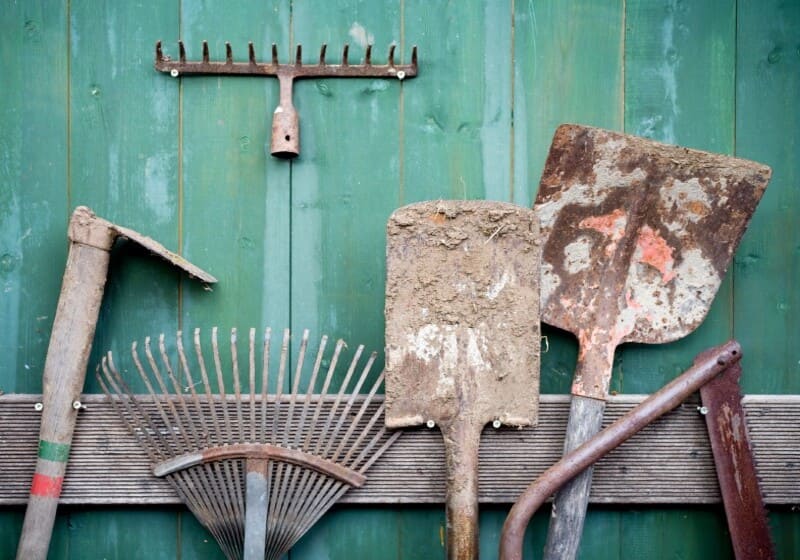Sometimes, those home maintenance “shortcuts” you learned from your parents are anything but. Some myths about home maintenance were born out of good intentions, and some of them may have even been true at one time or another, but following them today can waste money or even cause damage to your home. Here’s a rundown of the worst offenders that can end up costing you in the long run.
1. Turn off your AC when you leave the house to save energy.
This one seems to make sense—why pay to cool an empty house, right? Well, turning off your AC isn’t the way to save money. The problem here is that when you come back home and turn your system back on, your AC unit will have to work overtime to cool your house back down, negating any energy savings you’ve accrued. To really save energy, just adjust your thermostat 5 or 10 degrees when you leave the house.
2. More insulation is always better.
Lots of attic insulation is the key to regulating your home’s temperature in summer and winter, isn’t it? Not quite. While you want enough insulation to prevent heat escaping into the attic, going overboard can actually cause problems. For instance, overloading your attic with insulation can cause the lower layers to compress, which diminishes its effectiveness. You can also end up blocking your eave or soffit ventilation, leading to heat or moisture buildup and mold problems.
3. You only need to test the smoke detector with the “test” button.
Did you know that the “test” button on your smoke detector doesn’t actually test it? Yep, that button only tests whether the alarm sound is functioning. To test the sensor that actually detects smoke, the best tool to use is smoke. Start with a couple of kitchen matches—light them, blow them out, and let the smoke pass over the sensor. If this doesn’t trigger the detector, you may need to change the batteries or get a new smoke detector.
4. You don’t need a permit for your addition or remodel.
“What the city don’t know, won’t hurt the city.” Getting a permit from your community before you start building is always a good idea. Even if they seem like a hassle, they’re required for a good reason—to protect you, your family, and the people who live in your house after you. Let’s say you’re remodeling your kitchen and you happen to know a guy who knows a guy who moonlights as an electrician. He’s willing to do the work without getting a permit, so should you hire him? No! Sometimes a city permit is the only thing standing in the way of shoddy or dangerous workmanship.
That being said, there are some instances where you won’t need a permit, depending on the scale of the project you’re working on. If in doubt, check with your local building department to see a permit is required for your renovation.
5. Furnace filters need replacement once a season.
Your furnace filters actually need to be replaced more often than that, depending on a number of factors. If you live in a dry, dusty environment, chances are you’ll need to replace them more often (about once a month). If you live in an area that’s more humid and features lush landscaping, you’ll be able to get away with replacement every three months or so. If someone in your family suffers from allergies, swapping out your furnace filter more often is one of the best ways to improve your home’s air quality and relieve allergy symptoms.
6. Cutting your grass really short helps you mow less often.
We get it—you don’t like mowing and want to do it as little as possible. Cut the grass really short, and you’ll only have to mow every two weeks instead of weekly. This is true . . . to a point. Cutting grass too short is actually a good way to make sure you don’t have to mow ever again, because there’s a good chance it’ll kill your grass. Think of it this way: the grass blade is like the leaf of a plant. Grass uses the blade to convert sunlight into food, and if too much of the blade is chopped off, the plant can’t efficiently process what it needs to survive. Together, the individual blades form a carpet that regulates moisture levels and keeps the ground from drying out. For optimal lawn health, you’ll want to keep your grass trimmed to between 1 and 3 inches.
Call National Property Inspections Today
Our NPI inspectors have the knowledge and expertise to assess your home’s major systems and provide a full report. Find an inspector near you today to sell or buy with confidence.



